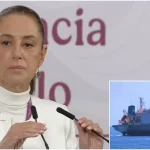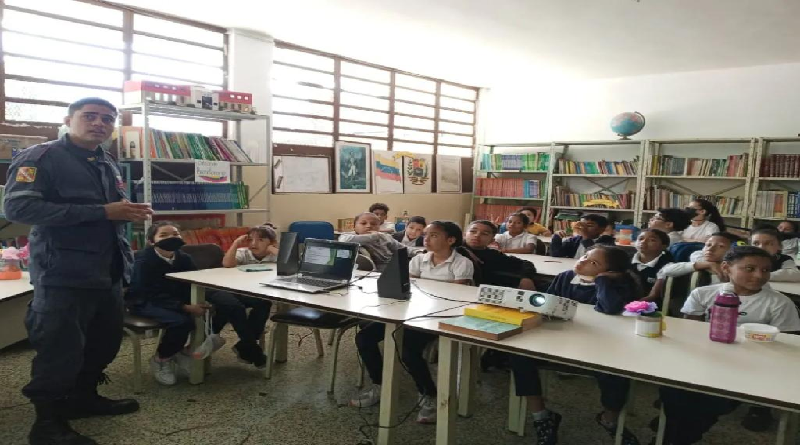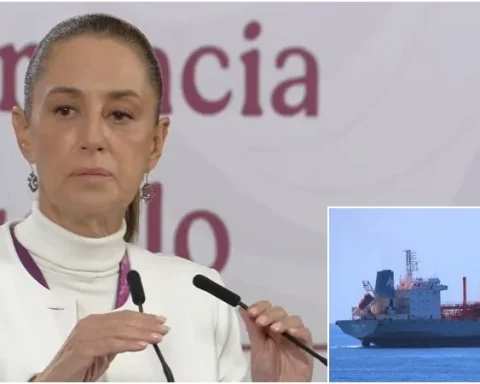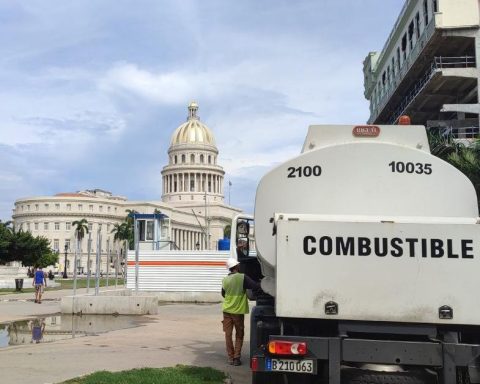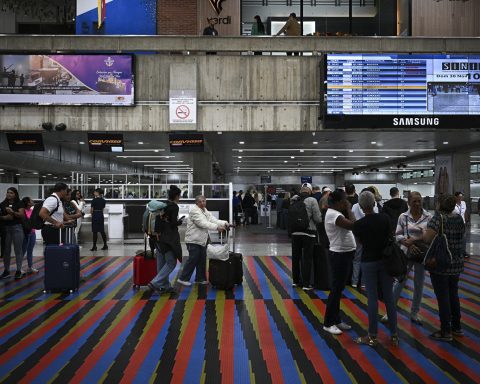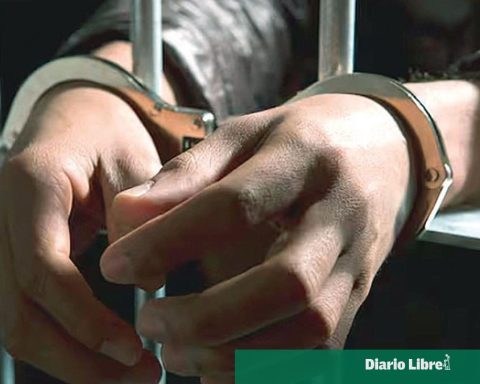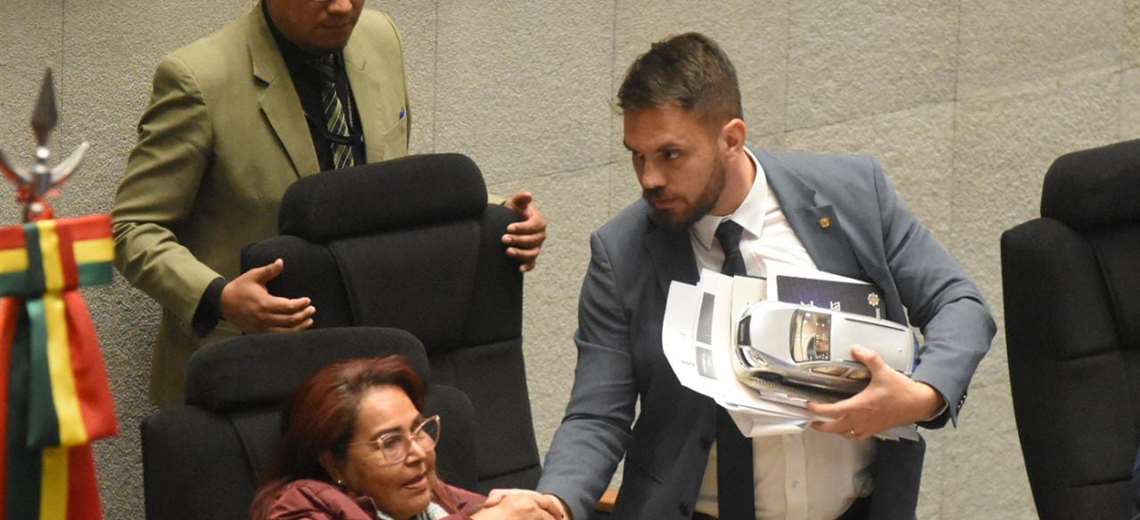
June 28, 2023, 6:15 PM
June 28, 2023, 6:15 PM
In the midst of the censorship of the Minister of Government, the meeting of the ministerial cabinet It was held this Wednesday, as is customary, and continued past noon. However, the Executive has not yet ruled on the future of Eduardo Del Castillo. The evistas and the opponents await the dismissal, while the specialists see three alternatives that the head of state could take.
EL DEBER contacted, at 12:26 p.m., the Vice Minister of Communication, Gabriela Alcón, to see if the routine cabinet meeting every Wednesday was held. At that time, heThe authority responded: “We are in a cabinet session, like every Wednesday”.
The details of the meeting have not yet been disclosed. Politicians consider it an important meeting, because the president must decide on the dismissal or permanence of the Minister of Governmentin 24 hours, as established by Law 1350.
However, there are doubts about the applicability of the norm, due to constitutional ruling 020/2023 of April of this year, which gives the president the possibility of putting the censured minister in another position.
For the constitutionalist Carlos Borth, the Magna Carta precisely establishes the dismissal of the censured minister and without giving way to the resignation.
“The probable thing would be that, in the following hours, or if it has not already happened, the minister resigns and the president avoids the obligation to dismiss him. What matters is that he walks away from office“, he stated, andHe stressed that the sentence does not change or prevent the dismissal rule.
The deputy Carlos Alarcón agrees with this same analysis, who maintained that the president must make a decision until 22:15 this Wednesday, when 24 hours have elapsed since censorship. He warned that if Del Castillo is not removed, he could be subject to a liability lawsuit.
Marcelo Arequipa, a political scientist, said that the other option is for the president to keep Del Castillo in office, reducing the political cost of his decision, with the support of social organizations, which came out to reject censorship.
“Social organizations have demonstrated to support the administration of Minister Eduardo Del Castillo, and denounced Evism’s alliance with the political right; they also repudiated censorship. This is not minor, and it is building a discourse of legitimacy around the Minister of Government, and that can reduce the political cost,” said Arequipa.
The archists see the censorship of Del Castillo as a destabilizing measure for the Government, because it would take away governability, a fact that former President Evo Morales did not live forcefully, because he had two thirds. By your side, the evistas warned that the ministers Iván Lima and Édgar Montaño are the next to be censored.
Analyst Carlos Cordero believes that censorship can mean only: “a headache” to the Government; not so a conflict between State Bodies. While he pointed out that there may be a “ripple effect” against other ministers, this would not be of much impact from his perspective either.
He also pointed out that Arce has different options to decide and, one of them, is a consequence of his style of governing, keeping his ministers for a long time. This could lead to a “castling” of ministers.
“One of the characteristics of the Government, which President Arce has shown, is to give the greatest continuity to the ministers who have shown loyalty to him. One scenario is that he ratifies it, that he accepts his resignation and ratifies it again; the second is to keep him in office without accepting the motion for removal; and, finally, there may be a kind of castling with ministers“, he explained.
On Tuesday, 101 legislators decided to censure the Minister of Government. In the three previous interpellations, the MAs unified its ideological position against the “coup d’état” and against the violence in Santa Cruz, which generated the go-ahead for the authority.
On this occasion, the case of stolen cars touched on the lack of border control, the legalization of stolen vehicles and the discredit of the country abroad, due to the use of stolen cars by police officers.







